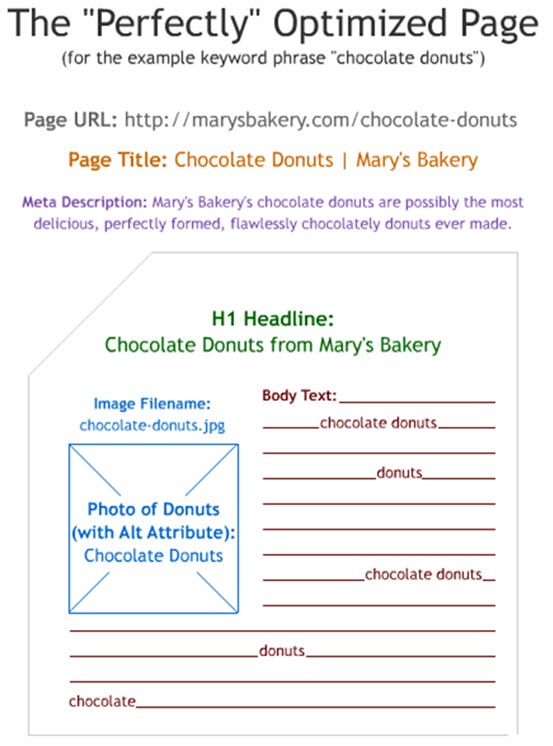SEO for beginners
(or how to rank on the web)
If writing is an art form, writing for the web is carefully carving the sculpture. If you want to push for a place on that all-essential Google first page, you have to follow the crowd and write in a way which people would google - and not the other way round. This is where SEO comes in.
Let me explain...
What is SEO?
SEO stands for Search Engine Optimization. It is the art of matching words, terms and phrases on your site, document or social media account with words, terms and phrases that people in the real world would actually search for.
Why is SEO important?
When a web search happens, it might look like magic, but behind the facade a crawler, or bot, (aka the code that runs upon the instruction to search for a relevant website) trawls through millions of websites listed on a search engine like Google and tries to find the site or sites that most closely match what the user wants.
And it makes sense, think about it, when Michael Jackson sadly died, and you might have wanted to find some information about his death, or his life, did you google "Wacko Jacko pops his clogs" or did you google something like "Michael Jackson death"? If the search engine didn't retrieve the results that the user was looking for, it wouldn't be active for very long.
How does it work in practice?
The image above (credit: Jack Barber from the Building Stronger Partners Blog, 2010) shows the ideal SEO layout.
- Spread two or three keywords across your body text, ensuring that the text still reads well.
- Ensure your headings, meta data (the text you see in the search engine), alt text and any attached files such as images or documents all contain the same relavent keywords.
- Don't overuse your keywords
The bots have become more intelligent in recent years and can better recognise the topic of a page by evaluating its content as a whole, but choosing two or three keywords to focus on can help gain those all-important page rankings.
How do I find SEO keywords for my website?
To find the best SEO keywords for your website, first think logically - remember, "Wacko Jacko pops his clogs" vs. "Michael Jackson death".
What would you search for?
You can get some ideas by starting to type your search suggestion into the search engine search bar - but it's best to use a web browser that you wouldn't normally use because the data stored in your normal browser can skew the results.
You can use the keyword planner in Google ads to get ideas for SEO keywords related to your content, and in Google Analytics you can see the keywords which have brought users to your website. This can help you understand if a keyword you want to rank for is working, or if your users are pointing you to a new keyword which might deserve its own page or section on your site in its own right. To learn more about Google Anaytics take the free Google Analytics courses on Skillshop.
There are other platforms such as Adobe Analytics which can be used in place of Google, and many CMS' such as Wordpress also include their own inbuilt analytics tools.
And finally...
I hope this post gave you a good idea about what SEO is and how to get started. Subscribe to All about digital marketing for more digital marketing information, tips and tricks.




